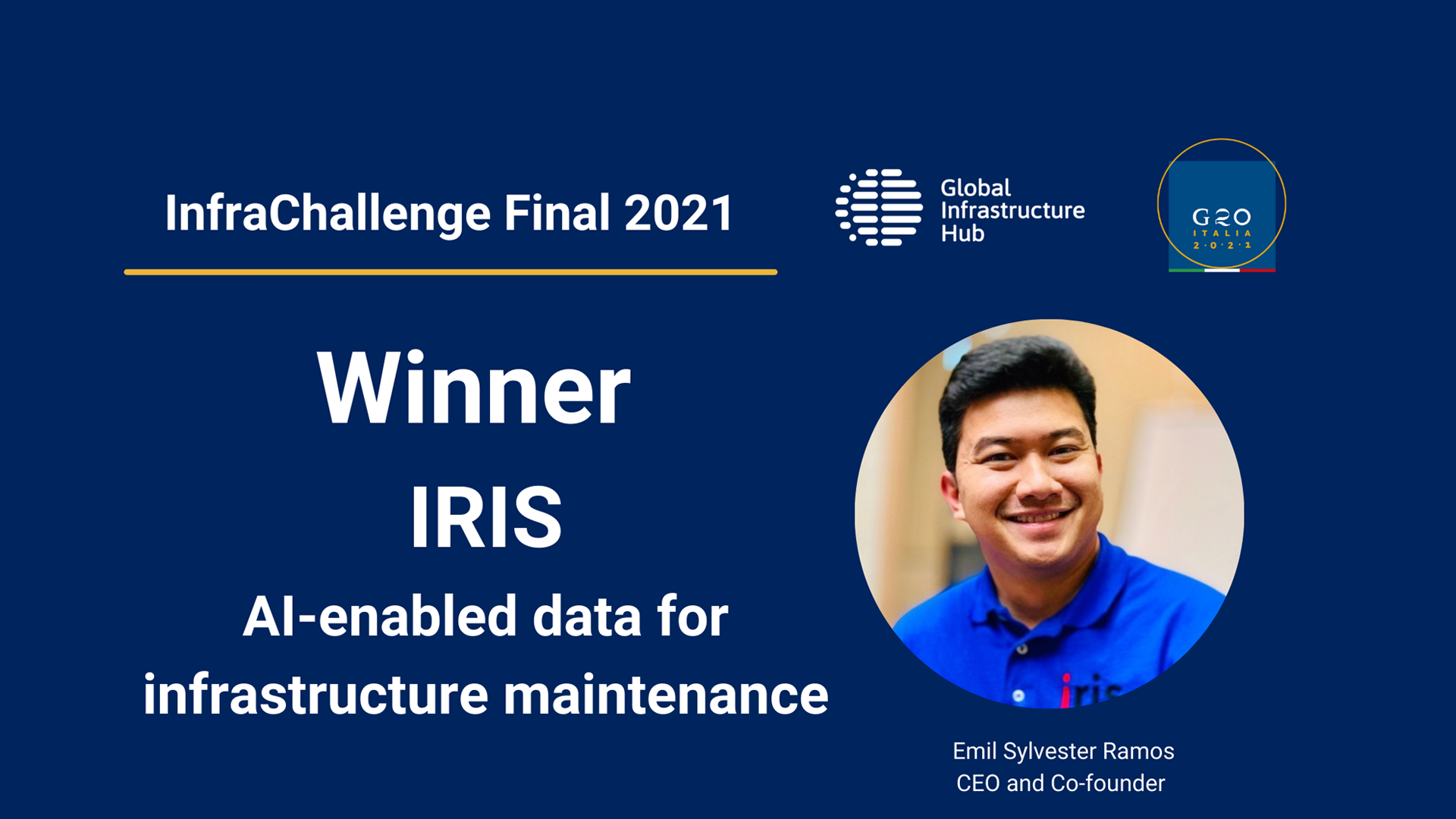928 results found
Featured results



More results
How can governments deliver quality infrastructure outcomes?

The survey was conducted to guage the status of infrastructure market based on macro trends. Previously, Deloitte had conducted a survey in 2013 and interviewed a wide cross-section of infrastructure investors throughout Europe.


Integrating ESG into infrastructure decisions requires a systematic and verifiable governance (implementation) approach of a projects ability to reduce environmental and social risk alongside long-term value for investors
This study examines how institutional change affects public-private partnership (PPP) market maturity.

The Coalition for Climate Resilient Investment (CCRI) today announced that it has successfully completed the transfer of its portfolio of government and investor-focused climate tools, solutions, and financial instruments to not-for-profit partners. Supported by the CCRI board, the GI Hub is intended to take the role of Secretariat, responsible for collaborating with and supporting the CCRI legacy partners who will continue delivering the core programs begun by CCRI.
Artificial Intelligence (AI) to enable the early identification of health issues and tailor a response to minimise community and economic disruption.
Artificial intelligence (AI) to optimise water and wastewater treatment processes through automated control and/or provision of decision support for plant operators.
AI-enabled cameras detect road hazards in real time, enabling faster and securer maintenance for safer roads. Winning InfraChallenge will assist Canadian start-up IRIS to scale globally and reach emerging countries.
Artificial intelligence (AI) that streamlines processes, documents and data in the flow of goods to reduce duplication, automate handshakes, and improve status accuracy.
Asian Infrastructure Investment Bank President Mr Jin Liqun met Global Infrastructure Hub Chief Executive Officer Chris Heathcote at the GI Hub’s Sydney office on April 3, where both parties provided briefings on their key work. Discussion focused on the GI Hub’s report undertaken for the G20 on the role of Multilateral Development Banks in “crowding-in” private finance for public infrastructure, which was released earlier this year. The GI Hub has already been in discussions with the AIIB on the recommendations in the report.
Asian Infrastructure Investment Bank Vice President and Chief Administration Officer Dr Luky Eko Wuryanto met with GI Hub Chief Executive Officer Chris Heathcote and senior staff in Sydney today.
The Global Infrastructure Hub will unite with APEC (Asia-Pacific Economic Cooperation) to exchange key knowledge and help countries to unlock private investment to finance much needed public infrastructure.
Finance ministry and central bank officials at the February Asia-Pacific Economic Cooperation (APEC) meeting in Peru called for closer collaboration with the Global Infrastructure Hub (the GI Hub) at a session focussed on strengthening public policy in the Asia-Pacific region.

This report primarily focuses on the lessons of International Finance Institutions experience in three areas.


Founded in 2022, the GI Hub’s Private Sector Advisory Council (PSAC) acts as a crucial bridge for dialogue, input, and action that aims to increase private sector participation in sustainable infrastructure.
We reviewed existing literature, conducted case studies and interviews, and found that the smart cities context has transformed traditional ITS into “smart mobility” with three major characteristics: people-centric, data-driven, and powered by bottom-up innovations.

iRAP and Towards Zero Foundation have submitted a now-published T20 policy brief to support G20 leaders to achieve the UN SDGs for road safety in their countries.
This note provides examples of the synergies and trade-offs a policy-maker should consider and manage in order to achieve sustainable mobility

This report argues that development finance has largely been directed towards centralized systems of wastewater management this has resulted in large populations being excluded from proper wastewater collection and treatment services whereas spillover effects of proper sanitation, which include an increase in property tax revenues, can help to offset the costs of fecal sludge management.




 Project Preparation
Project Preparation














